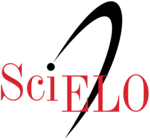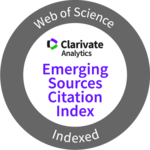Self Archiving Policy
This self-archiving policy seeks to promote the wide dissemination of scientific research, encouraging authors to share their work in repositories, personal websites, academic social networks and other sites where it is deemed appropriate, thus contributing to the advancement of knowledge for the benefit of the scientific community and society in general.
Objective
The journal Teología is committed to the promotion of Open Access to research and the wide dissemination of scientific knowledge. The present self-archiving policy aims to allow authors to deposit and freely share their research papers and associated datasets in institutional and thematic repositories, thus ensuring the visibility and accessibility of their contributions.
Definitions
- Self-archiving: The act of depositing a version of a research paper, usually the final manuscript or an accepted version, in a public or private repository.
- Repository: A digital system that stores and preserves scholarly and scientific materials, such as articles, theses, and other research-related documents.
- Embargo: Period of time in which the full text of the manuscript cannot be made available in Open Access.
Copyright and Self-Archiving
Authors who publish in the journal Teología will retain the copyright of their articles and of the research data (datasets) generated during the process.
Self-archiving may be performed in institutional and thematic repositories, data repositories, personal websites, academic social networks and/or wherever the author deems appropriate.
Compliance with Level 1 Data Policy
The dataset citation policy presented by RESL-2019-1183-IF-2019-12327349-APN-GDCTCONICET.jpg (2550×3300) (caicyt-conicet.gov.ar) must be complied with.
Example of the citation is provided in the style manual: https://erevistas.uca.edu.ar/index.php/TEO/about/submissions













 Teología
Teología